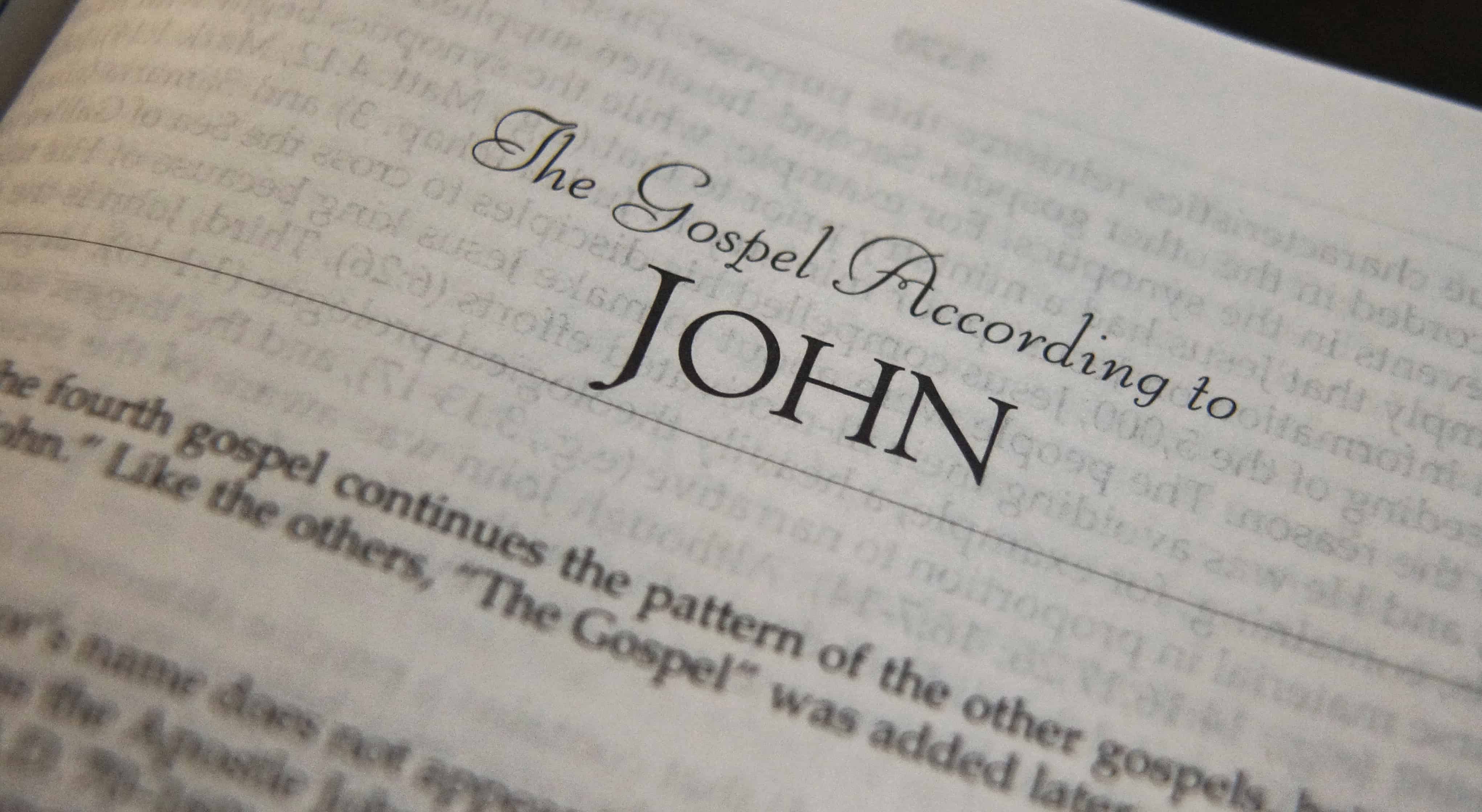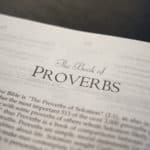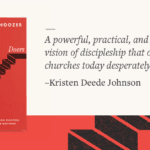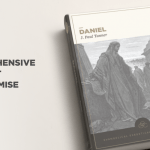
The Gospels are difficult books to fully understand.
Faced with the difficulties, interpreters have come up with false claims about them. Here are four common misconceptions of the Gospels that are the source of some of these difficulties.
Story not Sayings
The primary form of the Gospels is not the sermon or saying. The view of the Gospels that stood in the way of a literary approach to them for a very long time is that their original form was the sayings of Jesus and the preaching of the apostles. The point of origin for the content that eventually made up the Gospels is a matter of pure speculation. It is at least as likely that the facts of Jesus? life and teachings first circulated as stories. But regardless of how the eventual Gospels originated, their final written form is not a series of sermons or a collection of proverbs (even though these appear in the Gospels).
The primary form of the Gospels is story, or narrative. We immediately need to make the concession that approximately half of the Gospels is discourse material (some of which takes the form of dialogues between Jesus and others, to which must be added the parables of Jesus). But the context within which the discourses exist is the overall story of Jesus? life during his public years. We experience even the discourses as contributions to the overall story of Jesus.
Themes not Chronology
The Gospels do not follow a strict chronological format. We are so accustomed to biographies and historical narratives being organized as a chronological sequence that we tend to assume the same of the Gospels. But the writers of the Gospels make no claim to be writing a chronologically precise narrative, so we should not make the unwarranted assumption that they did.
If we look at the Gospels themselves, we find that the writers often clustered their material topically?a section of parables, for example, or a section of discourses, or a collection of conflict stories or miracle stories (arrangement by genre).
At most we can say that the Gospels are structured on a loosely chronological principle. They begin with the birth of Jesus or the outset of his public years of ministry. They all end with events surrounding the trial, death, and resurrection of Jesus. Within that framework, the arrangement is discontinuous and frequently non-chronological.
Episodes not Movie
The Gospels are not structured as a smooth narrative flow. The novels and short stories with which we are familiar are based on the premise of a continuous narrative flow. They are constructed around a central plot conflict that runs its course and finds resolution at the end. The sequence is a cause-effect chain of events in which one main action produces the next one, which produces the next one.
By contrast, the Gospels fall into a story type known as an episodic plot. They are collections of stories instead of a single action. The protagonist (Jesus) remains constant from beginning to end, but the individual units (both narrative and discourse) are self-contained. Many of the secondary characters play their part and then drop out of the action. The heavy incidence of non-narrative material makes this kaleidoscopic effect even more pronounced. The formula ?now for something completely different? is continuously operative. While this is not the most customary format for a book, it is the form that perfectly captures the nature of Jesus? life as a traveling teacher and miracle worker.
Elusive not Easy
The Gospels are not easy to understand. Because the Gospels are relatively brief and familiar to us, the feeling can settle in that we should find them easy to read. After all, the Gospels seem to be straightforward and simple, as seen even in their prevailing prose style. The misconception that I need to challenge is that we should feel guilty if we find ourselves mystified as we read the Gospels.
I will speak personally in saying that for me the Gospels are a genre of ?loose ends? and mysterious statements. It is a rare session of devotional reading in the Gospels that does not leave me perplexed at one point or another. I regularly find myself consulting the notes of a study Bible as I read the Gospels. Biblical scholars have multiplied subtle connections between units of the Gospels that I myself would never think of (and of which I often remain skeptical). I do not share my experience to encourage giving up on the Gospels but for the opposite reason?to suggest that the Gospels can be fully instructive and rewarding to us even when many things remain mysterious or initially elusive.
* * *
This post is adapted from the introduction of Jesus the Hero: A Guided Literary Study of the Gospels by Leland Ryken (Lexham Press, 2016).






